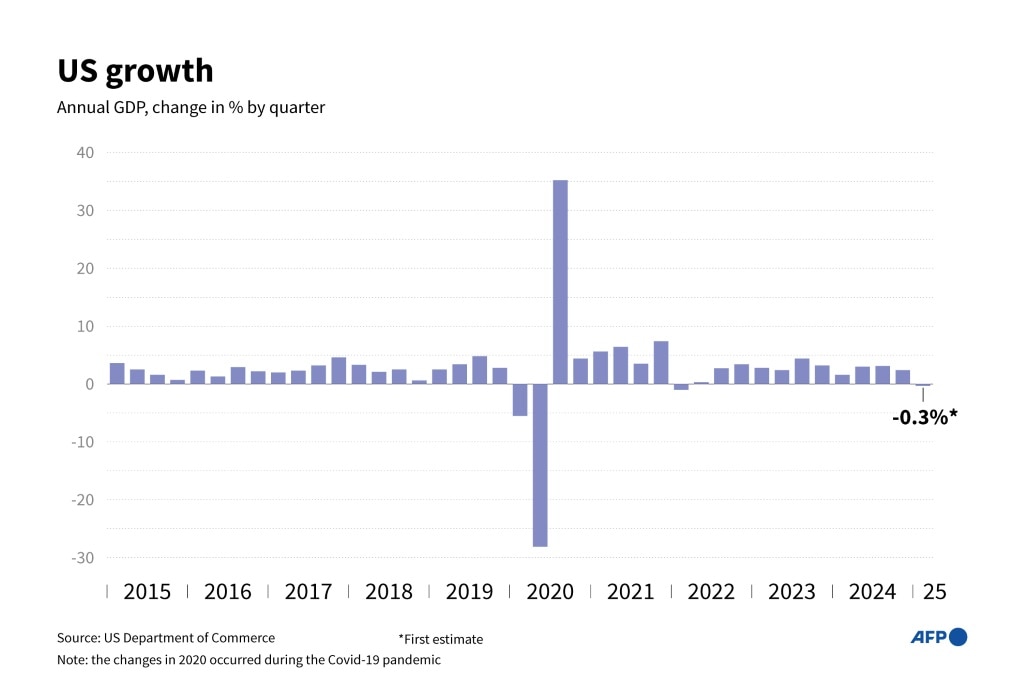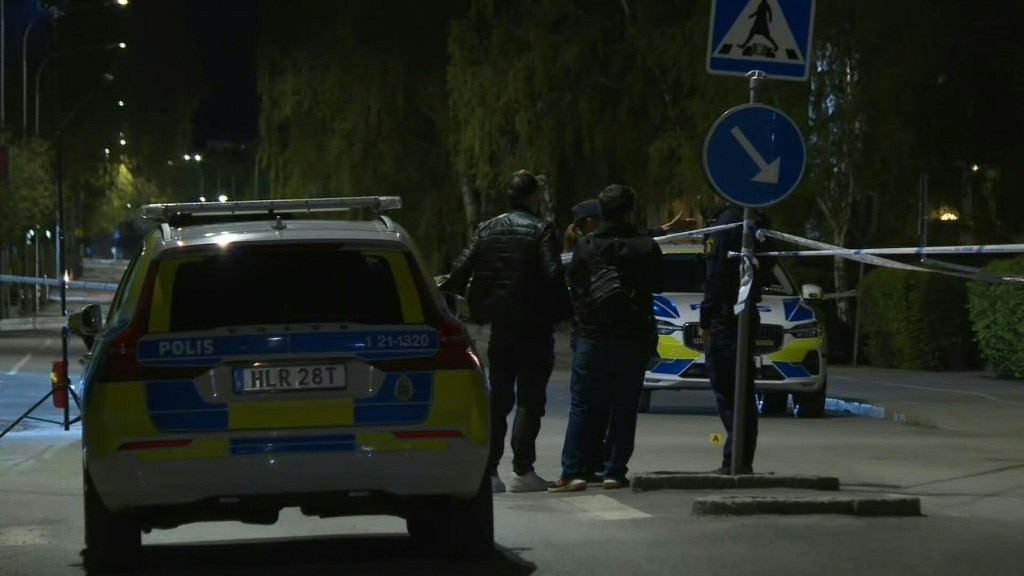‘Failed our son’: Brave NSW parents fight after toddler dies
Grieving parents have called for urgent reform of NSW’s hospital escalation system after the death of their two-year-old son, prompting the Health Minister to promise statewide changes.
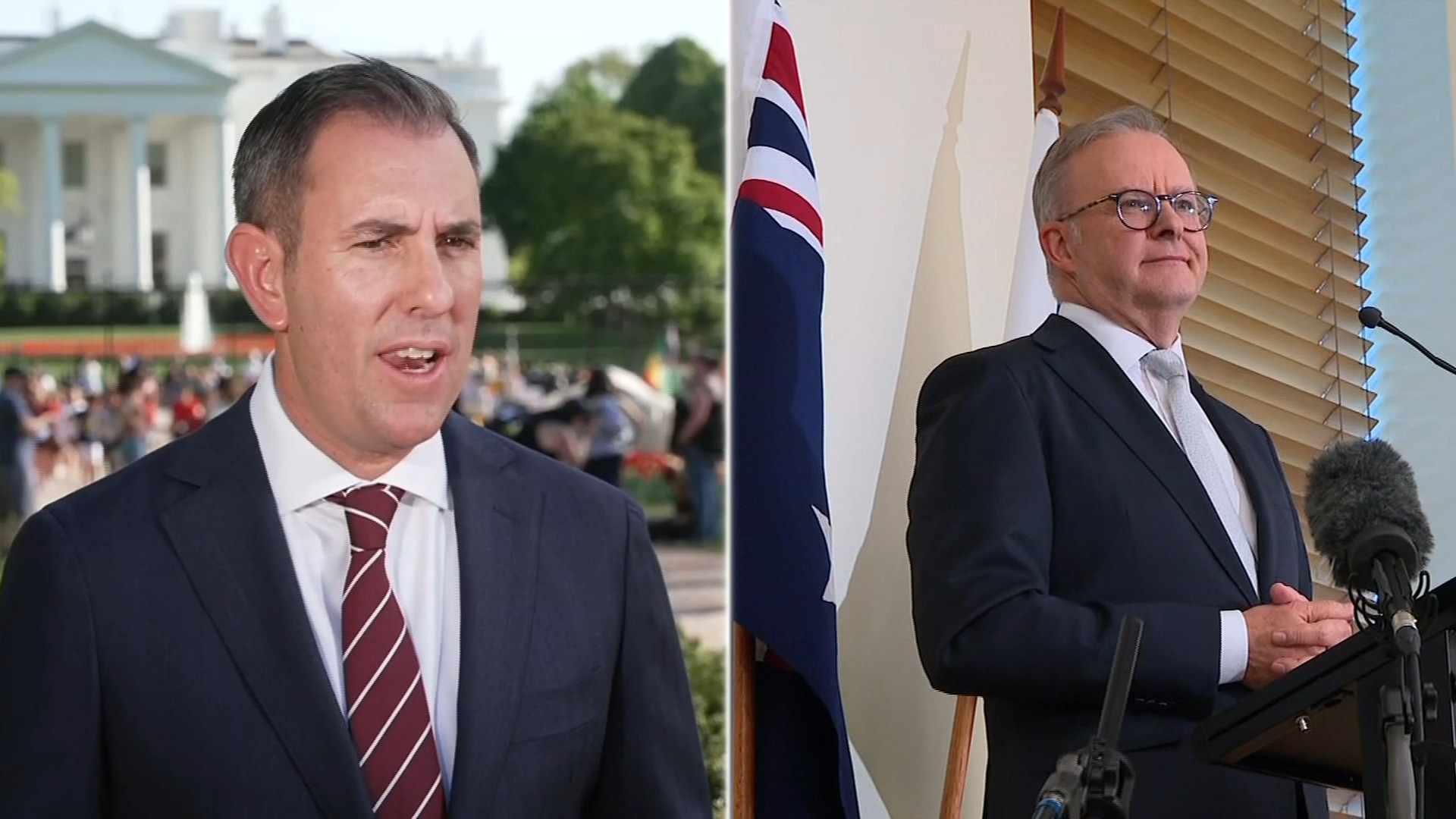
Breaking News
Don't miss out on the headlines from Breaking News. Followed categories will be added to My News.
Following the tragic death of two-year-old Joe Massa, his mother has spoken out, saying the system “failed our son”, prompting calls for reform from both parents and government officials.
At a press conference on Wednesday, NSW Health Minister Ryan Park vowed to overhaul the REACH (Recognise, Engage, Act, Call, Help is on its way) patient escalation system across the state’s hospitals, describing the death of Joe as a tragic failure and a catalyst for urgent action.
Joe was taken to Northern Beaches Hospital in September last year after vomiting through the night.
His parents, Elouise and Danny Massa, said he waited more than two hours for a bed and was wrongly classified as a lower priority, despite showing signs of severe dehydration and an elevated heart rate.

The couple said hospital staff refused their repeated requests to administer intravenous fluids. About three hours after arriving at the emergency department, Joe went into cardiac arrest and was transferred to Sydney Children’s Hospital in Randwick.
He later died from brain damage.
Police have since launched an investigation into his death.
Joe’s parents joined the media conference to discuss NSW Health’s Roundtable on the REACH protocol.
“Today, in 2025 I’m standing here because the program failed our son, Joe,” Mrs Massa said.

“We need to make sure that it works, we need to make sure that it is simplified and that it is amplified, and that we do not stop talking about the program to save lives, not one more child, not one more person can be lost.
“We need to ensure that the program is bolstered, and that is exactly what we are doing here today, and I have no doubt, with the support of the Health Minister, the premier and of course, Susan Pearce, that we will get there.”
The REACH program was established in 2013, shortly before the death of six-month-old Kyran Day, who was misdiagnosed at Shoalhaven Hospital on the NSW South Coast, where the program was not implemented correctly.
Kyrans family also attended the conference, including his grandmother, Jane Carritt, who called for greater awareness and access to the escalation system.
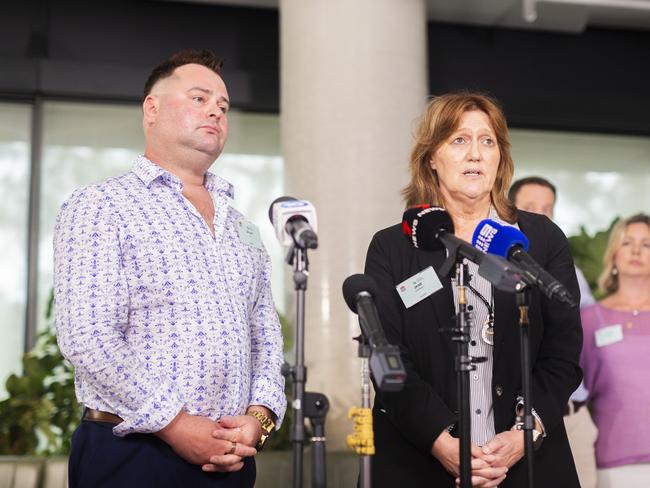
“There were so many moments where Kyran could have been saved and there were so many moments where Joe should have been saved,” Ms Carritt said.
“You are entitled to ask for a second opinion, but also, when you’re in that situation, you’re usually very stressed, it’s very hard to think clearly.
“So you need the support of the technology and the information and the clinicians to support the patients and the children and adults who cannot speak for themselves,” she said.
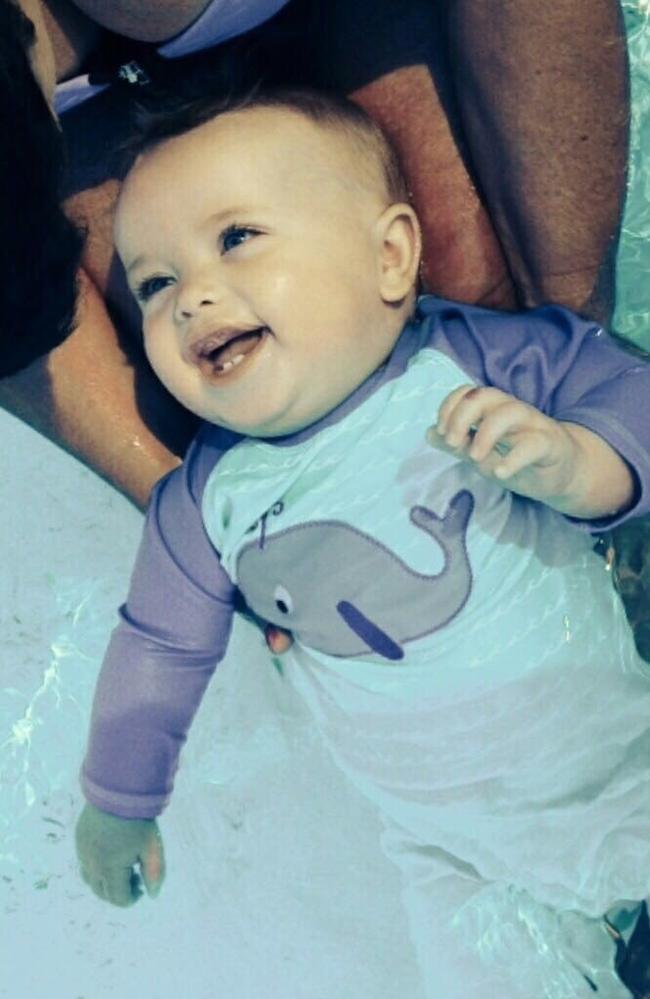
Kyrans father also spoke at the event, becoming emotional as he addressed the media.
“Sometimes the worst things in our life cannot often turn into something that creates a monumental change, and that’s why we’re here today,” Mr Day said.
“Both Kyran and Joe were only here for a short time, but their legacy is going to live forever, and I think that’s something that’s really important.”
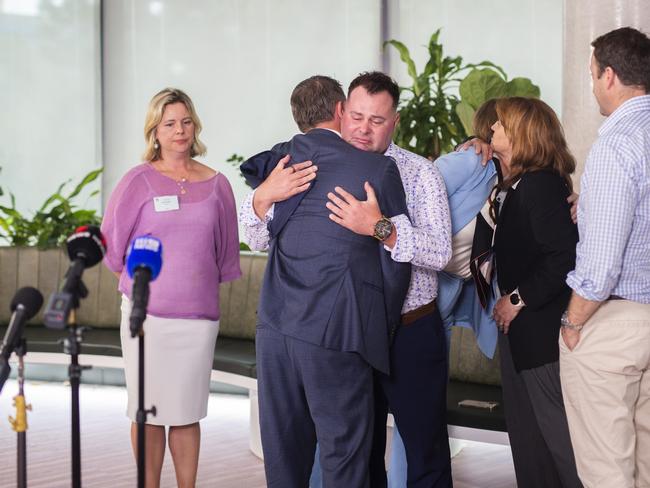
Mr Park acknowledged that while REACH has the right foundations, its implementation across NSW hospitals has become inconsistent and confusing.
“In big government departments, we can sometimes lose sight of what we’re actually trying to do,” Mr Park said.
“What we’re trying to do here is to make it as simple as possible for a mum, a dad, a carer, a brother or sister, an advocate, to raise their hand and say, ‘I’ve got some concerns.’”
“We are confident that it is being used well in many places, we are not confident that it is being used as well as it could across the system,” he said.

Mr Park emphasised the need for a streamlined, easily accessible system with one clear and centralised contact method.
“What I want … is for this to be synchronised and centralised,” he said.
He confirmed the REACH program would not be scrapped but strengthened, with simplification, visibility and accessibility as key priorities.
“It’s not a criticism of those who came before us,” he said.
“It’s just a timely reminder I think for all of us to sit back and say, how can we do it better?”
Originally published as ‘Failed our son’: Brave NSW parents fight after toddler dies

